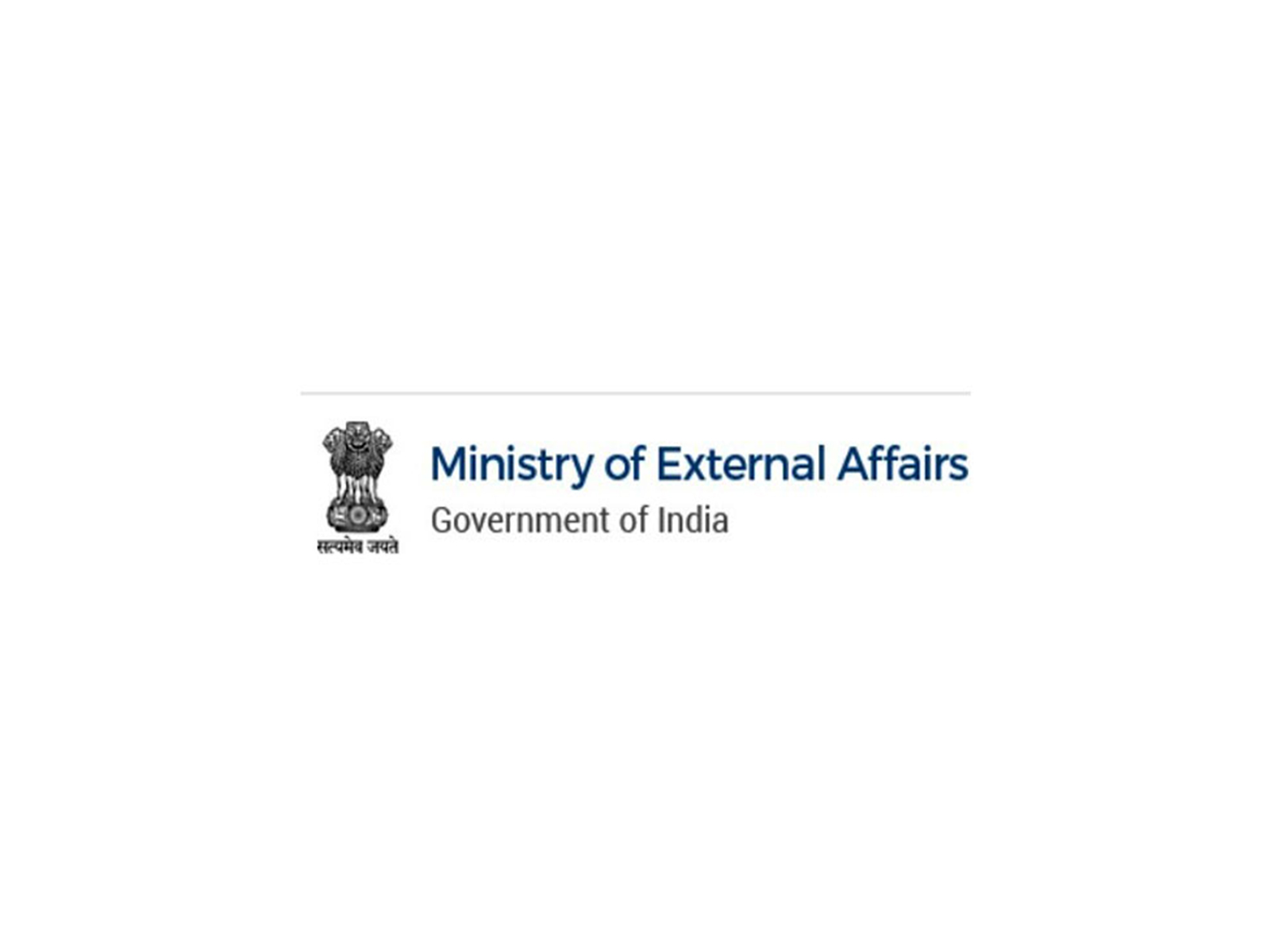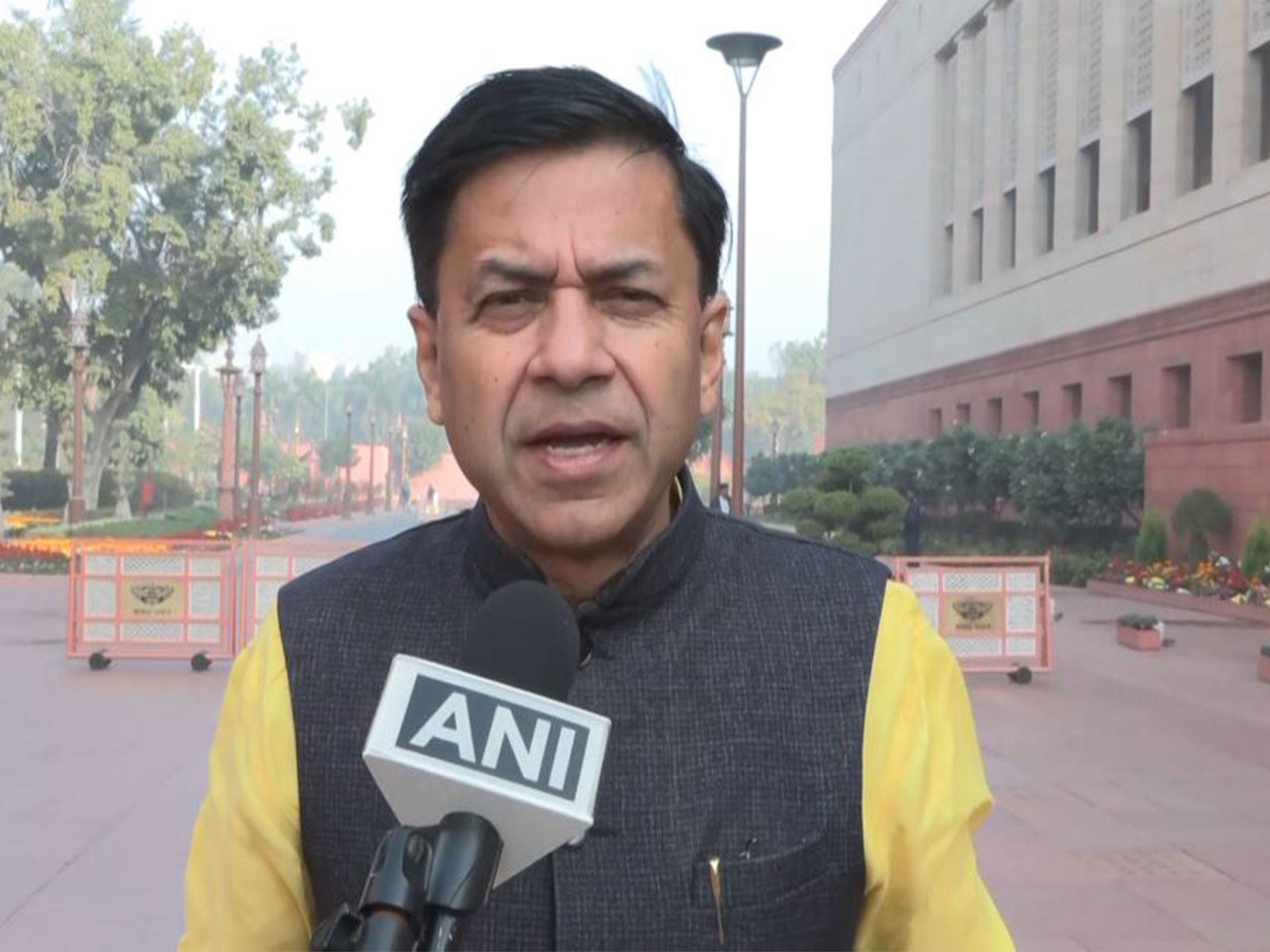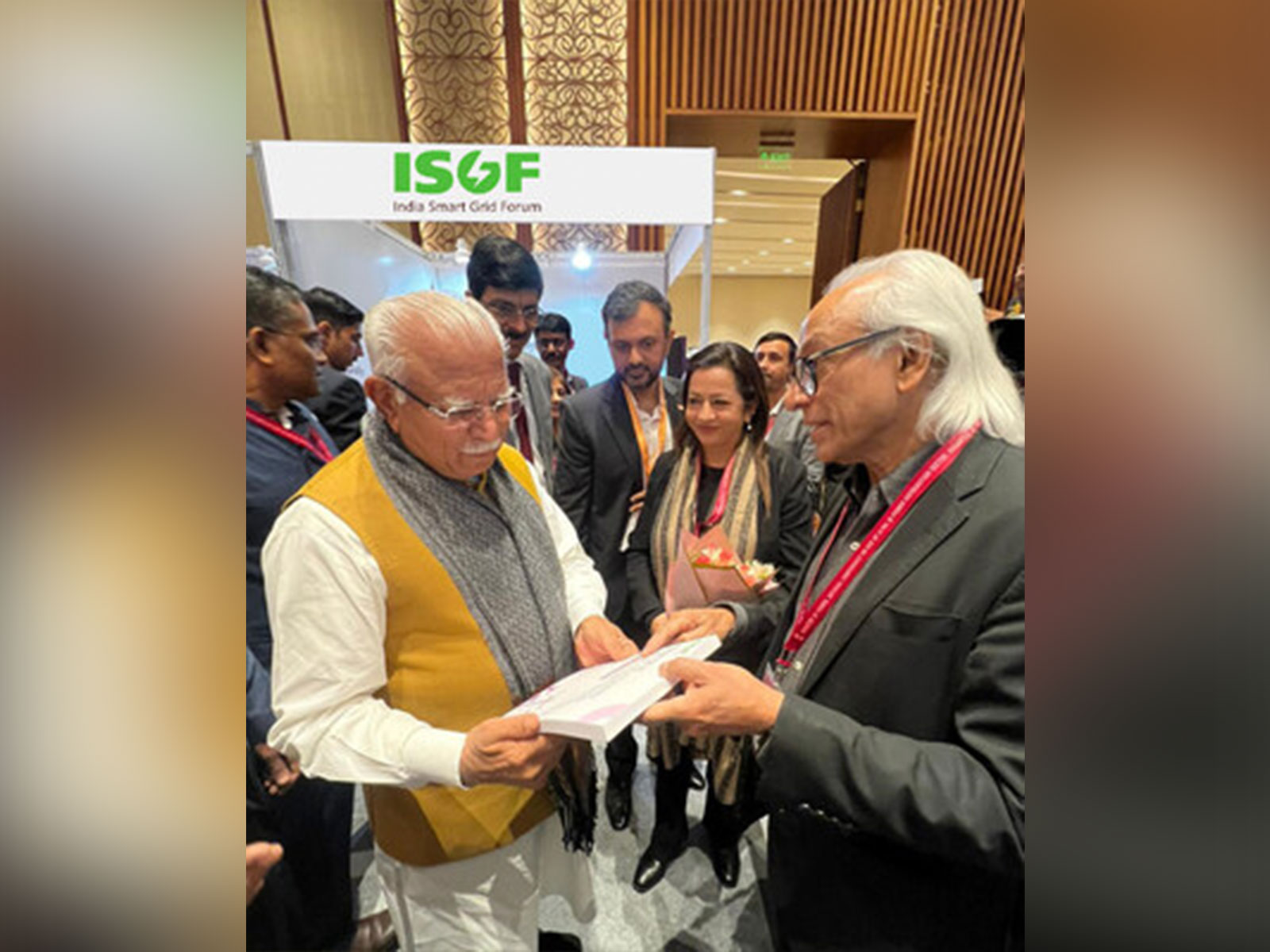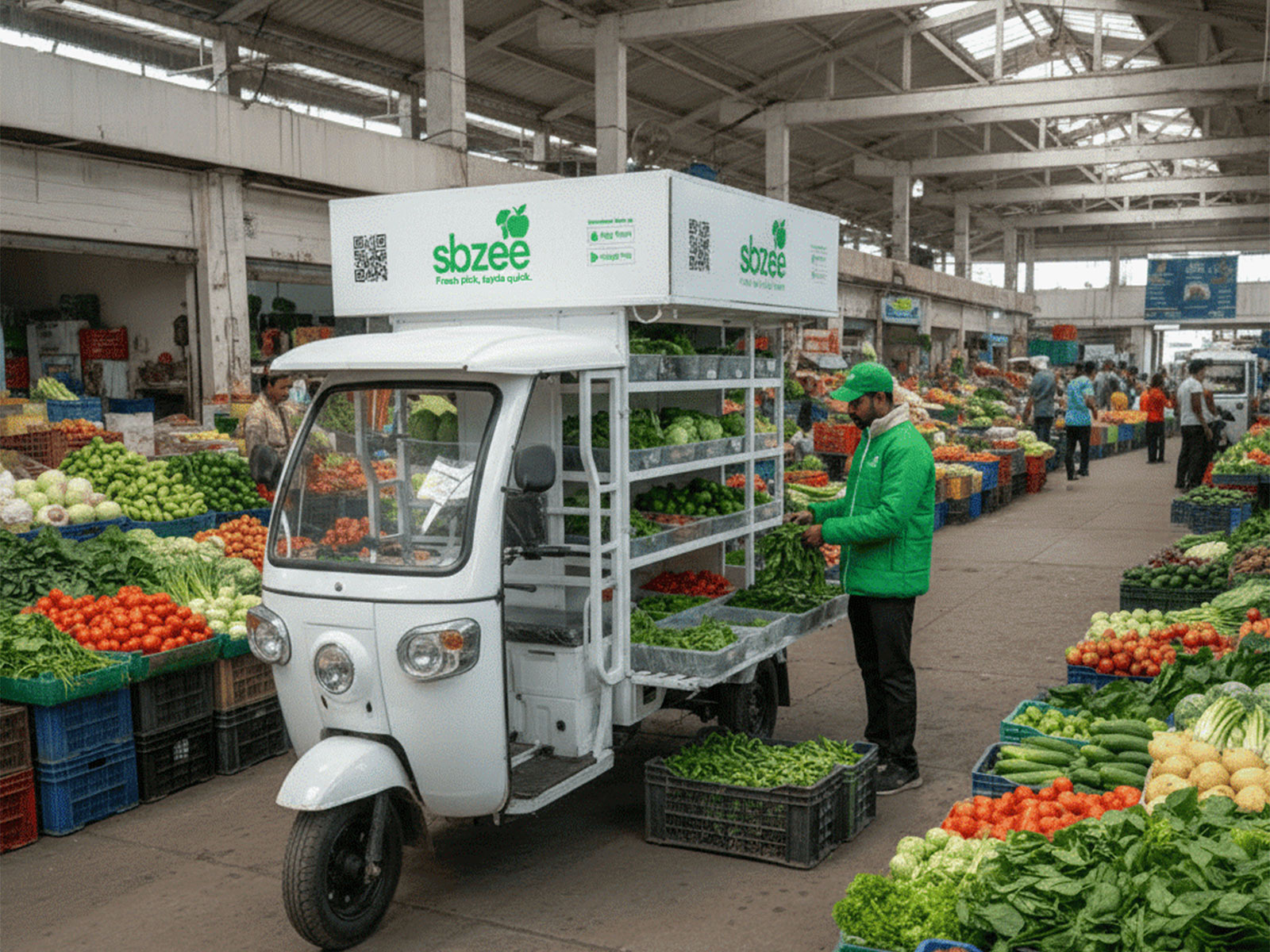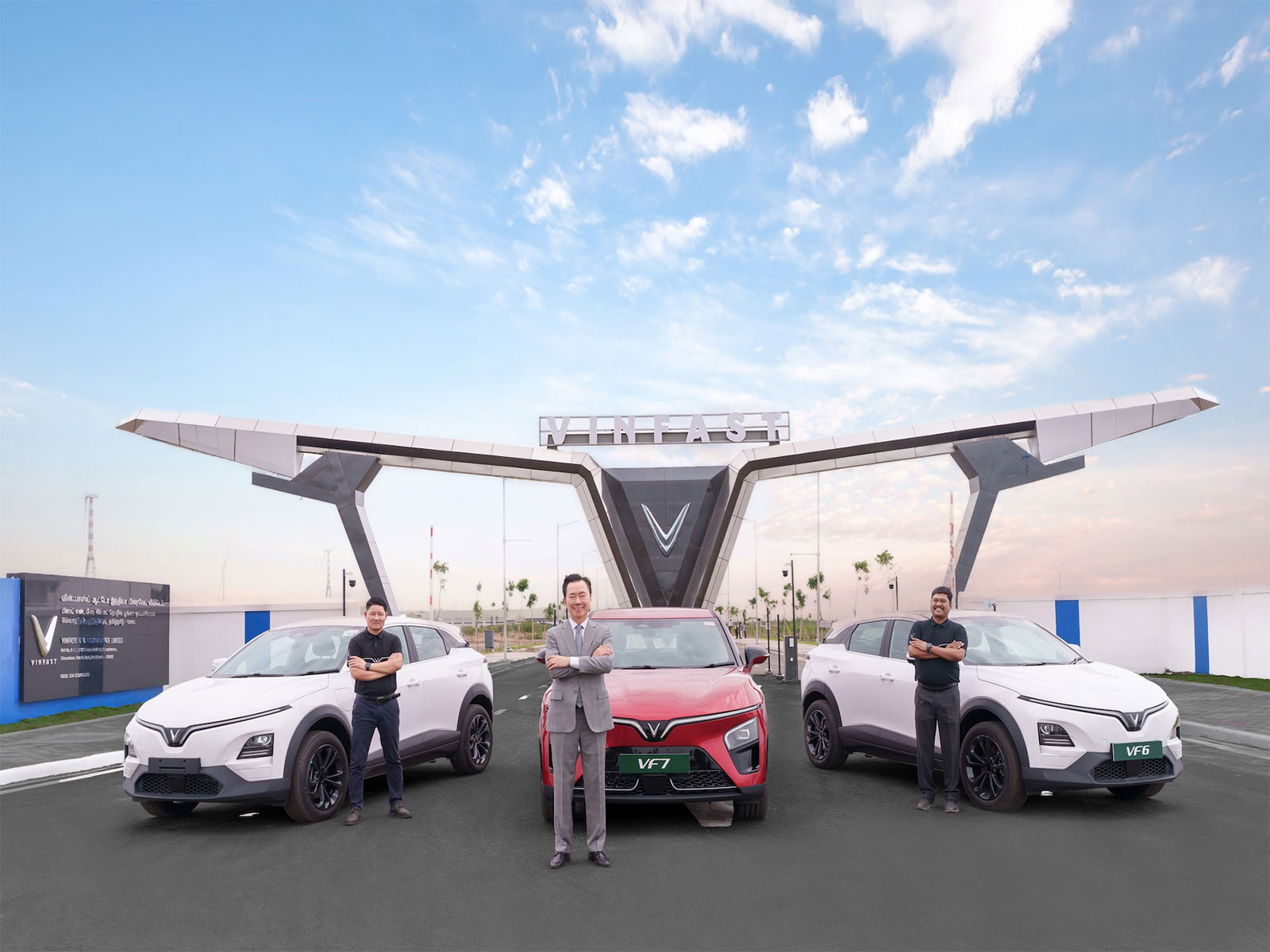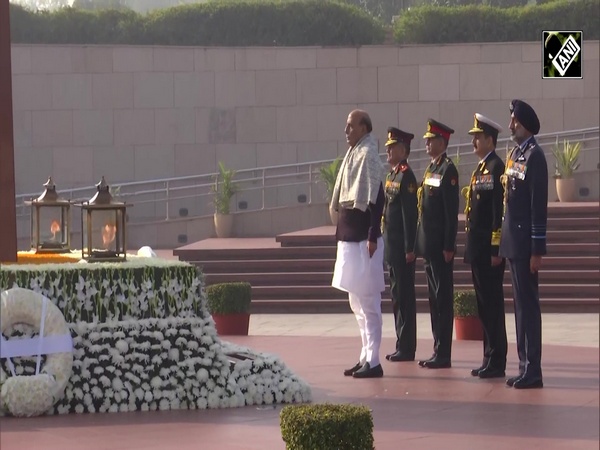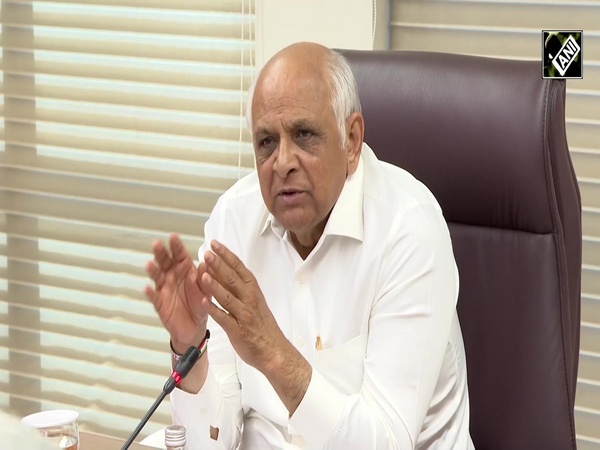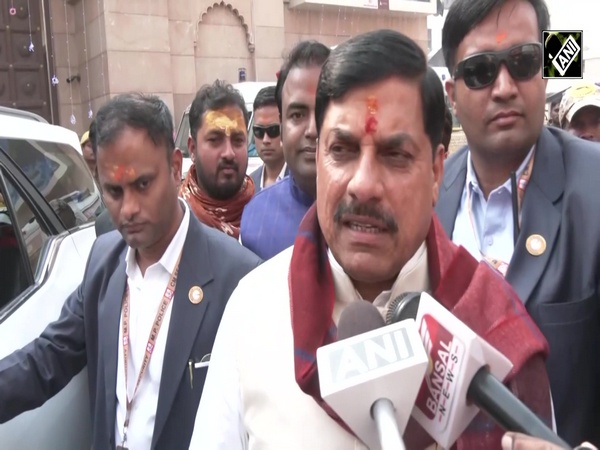Boeing's Starliner crewed test flight to space with Sunita Willams onboard on hold
May 22, 2024

Washington DC [US], May 22 : American aerospace company Boeing's debut test flight carrying two NASA astronauts, including Indian-origin Sunita Williams, has been further delayed as engineers continue to work to resolve a helium leak, the US space agency said.
Williams and fellow NASA astronaut Barry Wilmore are assigned to fly Boeing's Starliner spacecraft on a Atlas 5 rocket of the rocket company United Launch Alliance (ULA) from the Cape Canaveral Space Force Station in Florida to the International Space Station (ISS).
The duo will remain docked at the orbiting laboratory for about two weeks to evaluate the new spacecraft and its systems before returning to Earth in the Western United States.
The launch, however, has suffered delays stemming from a helium leak in the spacecraft's propulsion system.
American news outlet CBS quoted a statement released by NASA on Tuesday (local time) stating that, "the team has been in meetings for two consecutive days, assessing flight rationale, system performance and redundancy. There is still forward work in these areas, and the next possible launch opportunity is still being discussed."
The launch previously set for May 25, is now on hold. A new launch date has not yet been announced.
Mission managers of the Boeing Starliner's Crewed Test Flight (CFT) called off the mission on May 7, just two hours before the scheduled launch due to a valve glitch in the Atlas 5 rocket's upper stage. Boeing said in its statement that the valve was successfully replaced on May 11 and tested to confirm it was working properly.
Later on May 14, NASA announced that the CFT mission scheduled for May 17 has been pushed to no later than May 21 due to what it described as a "small helium leak" in the spacecraft's service module.
On May 17 the space agency said that the launch was further pushed back to May 25.
The flight marking Boeing's first Starliner spacecraft mission with human crew, is part of NASA's Commercial Crew Program, which is working with the US aerospace industry through a public-private partnership to launch astronauts on American rockets and spacecraft from US soil.
NASA selected Boeing and SpaceX in September 2014 to transport crew to the International Space Station from the United States. These integrated spacecraft, rockets and associated systems will carry up to four astronauts on NASA missions, maintaining a space station crew of seven to maximize time dedicated to scientific research on the orbiting laboratory.
After a failed attempt in December 2019, Boeing conducted a successful uncrewed Orbital Flight Test 2 (OFT-2) in 2022. Its Starliner is expected to be reusable for up to ten missions within a six-month turnaround time, according to the aerospace company.
Elon Musk owned SpaceX company's Crew Dragon has performed 12 crewed missions since its first launch on May 30, 2020.
Boeing received over USD 4 billion in US federal funds to develop the Starliner, while SpaceX received about USD 2.6 billion.
